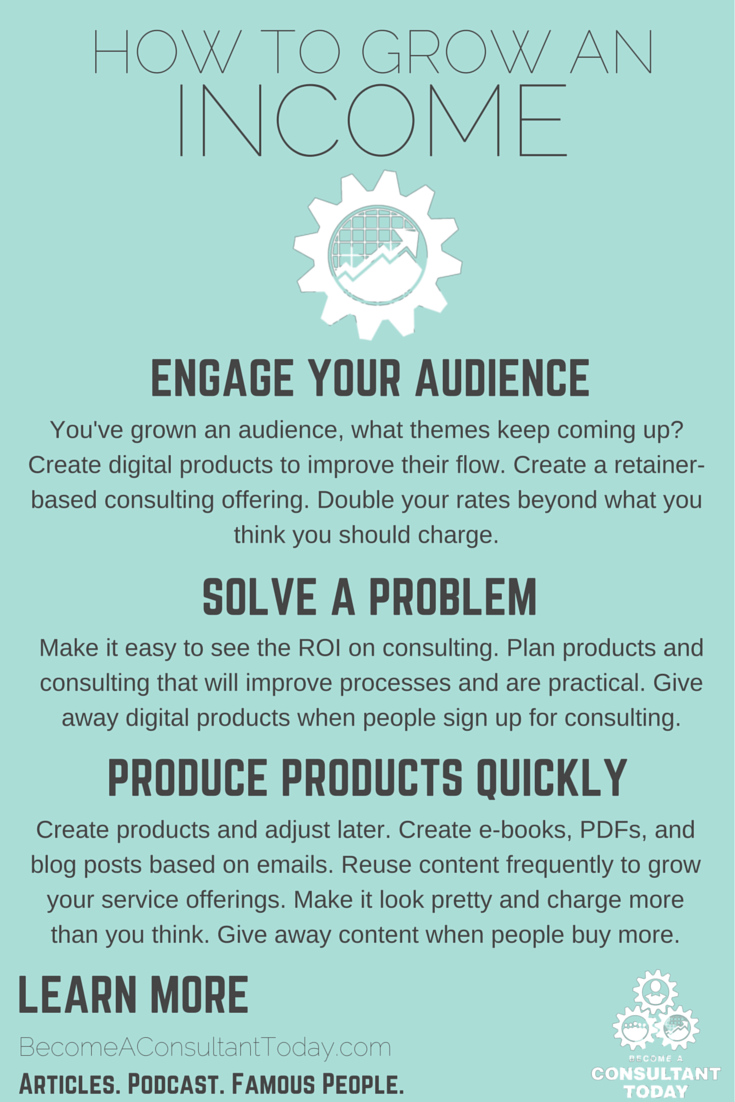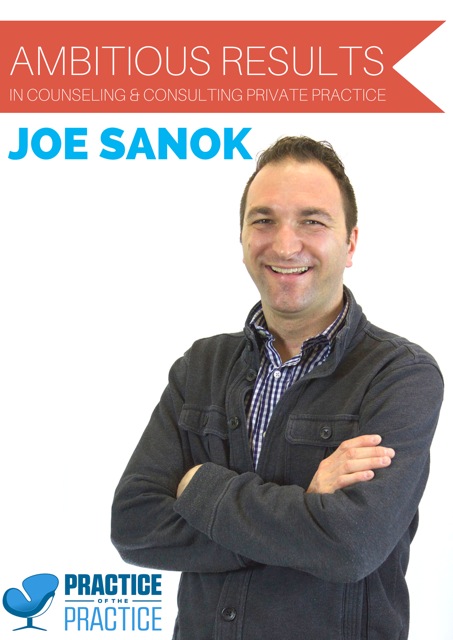I’m always skeptical of people that tell me how to build an income. I tend to be a fairly measured and tactful guy. When someone says, “Give me your money, I’ll show you how to make money,” I almost always run away.
Why is that?
Most of us don’t want to give our money away. Yet, we do it every day. We buy frappachinos, gasoline, pay for our houses, and buy new clothes.
What do you spend money on?
The bigger question is: why do you spend money on it?
We spend money when we get more value out of the product than out of whatever else the money could buy.
That’s all there is to it. If I leave my house in the morning and forget to make coffee, I decide whether I will buy a coffee from MacDonald’s, Starbucks, a gas station, or a local coffee shop.
How do I decide?
- Taste
- Location and ease of parking
- Personal ethics
These are all selfish:
- I want the coffee to taste a certain way.
- I don’t want to drive too far or have to walk far from parking.
- I want to feel that the coffee was grown in an ethical manner.
The value of the cost of that coffee is based on whether it is worth more than having the money in my pocket.
That is the guiding principle for all of this: how do you make your worth more than the worth of not working with you?
We’re going to take your view of income and smash it, then discuss exactly how you use your specialty and audience to make money!
Why Most People are Terrible Consultants
Most people are terrible consultants for one main reason—we don’t like to talk about money. That final moment in a private pay session, when you ask for a credit card, for most of us it’s pretty awkward. As we learn how to become a consultant, we have to get over this!
If it’s not currently awkward, it most likely was at some point. I’ve met only a handful of consulting clients that have always liked talking about money. Most of them started as business majors or were raised by entrepreneurs.
Until we stop thinking that it is wrong to earn money, we’ll never be good consultants. It’s taken me a long time to get to this point. As a person that has spent a lot of time in Haiti and helped develop a microfinance program for some of the poorest people in the world, I get it. I’ve seen how $100 can change someone’s life through a micro-loan.
When we make a solid income, it allows us to have mental space to better help create change in the world.
It’s All About the Coffee
Earlier I discussed how I would make a decision to buy coffee. If I buy a $4 cup of coffee, I do it because I get more pleasure out of the cup of coffee than I do out of $4 sitting in my pocket. I am benefiting. The same is true of consulting.
Make an income by being a consultant because you will:
- Save people time so they can make more money.
- Innovate new content to draw an audience.
- Pay yourself for all the time it takes to market and grow a practice that is unpaid.
So how do you make money as a consultant?
Three Types of Consultant Income
There are numerous structures for making money as a consultant. There are three approaches that make the most sense for a counselor:
- Fee per service
- Package-based
- Retainer-based
Fee for Service Consulting
A fee-for-service-based structure is where someone pays for your work hourly. You say, “I cost $450 per hour, when do I start?” There are a few benefits to this:
- The client controls the budget and feels they can estimate workload and progress.
- It’s a very low purchase price for a business and can introduce new people to your consulting.
- It’s easy to manage and know what you’re being paid for.
However, there are a few distinct disadvantages. It’s really hard to predict how much consulting a business will want each month. Also, you’re often hustling for the next hourly client. Lastly, you often leave a lot of money on the table.
Package-Based Consulting
A package-based approach tries to think of all the things that someone might need for the specific consulting goal. For example, when I am consulting with people growing private practices I usually offer the following:
- SWOT Analysis: A SWOT Analysis is an industry standard that reviews strengths, weakness, opportunities, and threats. This analysis is a comprehensive assessment of the organization, website, SEO, and expected future outcomes.
- Website Evaluation: I evaluate the website and determine recommendations, such as recommend changes, tweaks, or rebuilds to optimize branding overhaul and SEO. This is included in the SWOT report.
- Logo and Branding Design: I connect my client with a trusted logo designer that will work with them on branding, logo design, and ideas for marketing to enhance the positive direction of the website.
- Project Management Software: I connect the client with project management software that works in real time to coordinate consulting and improve outcomes.
- Members’ Newsletter: Clients get a weekly email that helps them to plan how to grow their private practice.
- Paperwork Packet: Clients get all the paperwork needed to launch or grow a private practice.
- Practice of the Practice | A start-up guide to launching a counseling private practice: My e-book on how to start a private practice.
By offering a package with each thing valued, I can charge more and the consulting client can then get everything that I think is best for them to grow. Also, rather than have to make an individual sale for each product, I may sell more of something than I would if I sold each item individually.
There are a few downfalls to the package-based model. You always want to make sure that you don’t oversell your time. For example, if this month I sold 10 consulting packages that each commit me to 10 hours, that is 100 hours of consulting time. What if in six months I don’t still want to be doing that much consulting?
Retainer-Based Consulting
The final area of creating consulting income is a “retainer-based” approach. As I interview consultants for my coming How to Become a Consultant podcast, this seems like what most of the higher end consultants are doing.
Retainer-based systems are very similar to the “package-based” approach, except that they are based on a specific number of hours or minutes per month.
For example, I might offer a retainer approach that includes all of my items of a package-based one, except that the consulting client is buying 60 minutes of my time per month. If they don’t use it, they lose it.
Here are some benefits to a retainer-based system:
- It’s easier to plan your time because as a consultant you know that you have 10 clients that each want 60 minutes.
- It’s easier to plan ahead with your budget. If I have 10 clients that each pay $300 per month, you know that you have a base pay of $3,000. Also, it is best to require at least a 3-6 month commitment.
- You can offer packages that encourage spending more. For example, 60 minutes might be $450 per month, 90 minutes might be $595 per month, and 120 minutes might be $695 per month. This encourages clients to purchase additional minutes at a cheaper rate.
However you decide to make money as a consultant it is important to remember that your growth in your specialization and your growth in your audience will directly help your growth in income. The more that you create great content that helps people, the more likely they will want to bring you on as a consultant!
Want to learn more?
Join our community of consultants!
Joseph R. Sanok, MA, LLP, LPC, NCC
Joe Sanok is an ambitious results expert. He is a consultant to consultants, private practice business consultant and counselor that helps consultants and counselors to increase income and influence! His new How to Become a Consultant podcast aims to interview the top consultants of the world. To link to Joe’s Google+ .




